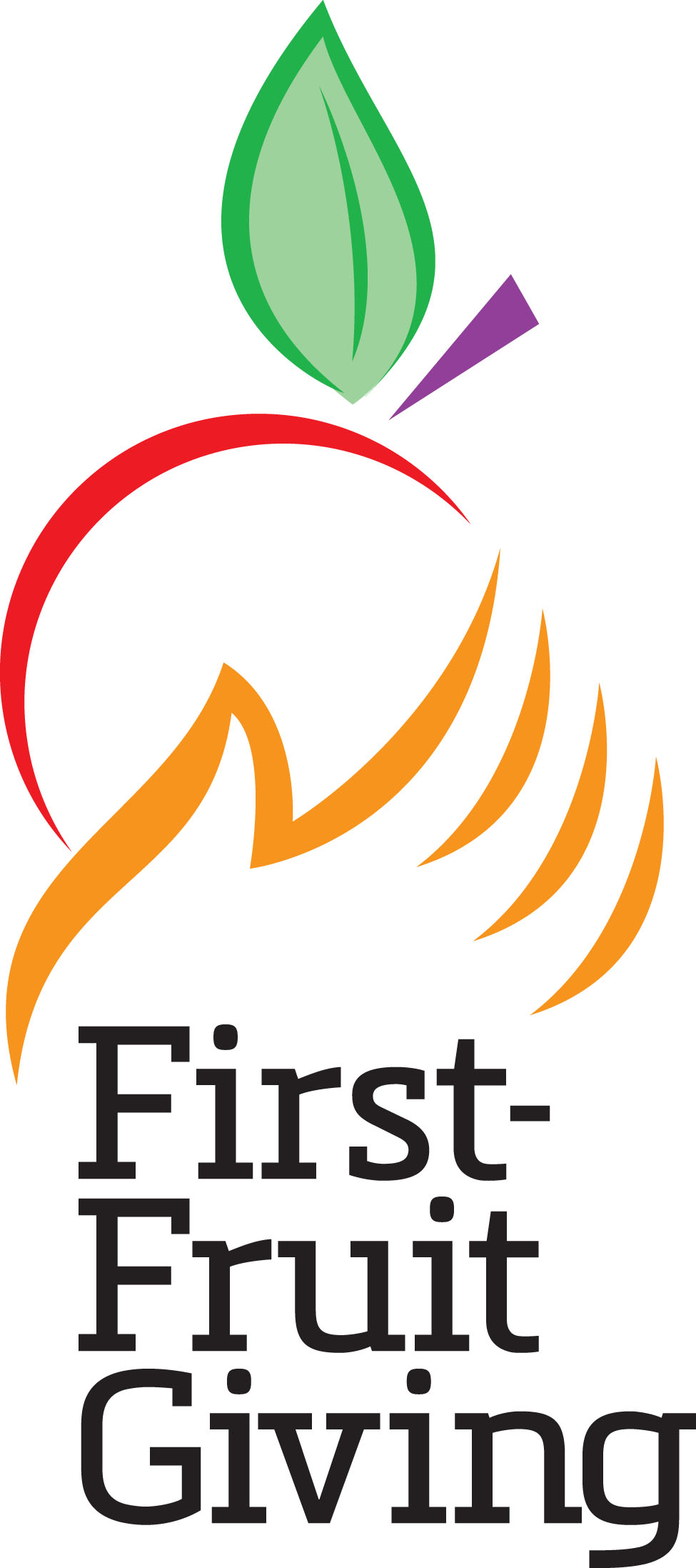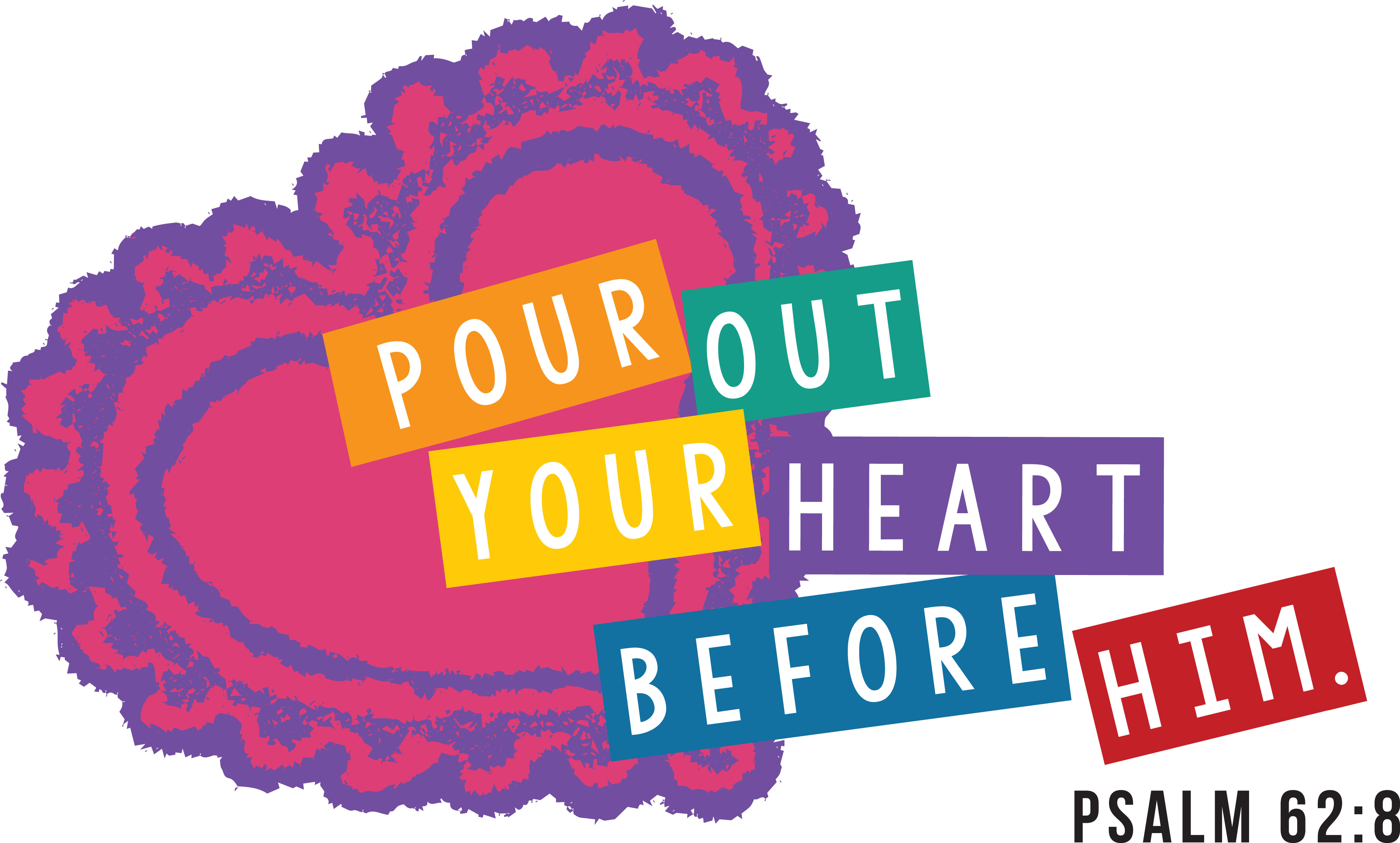
When I was in 4th grade, back in the dark ages, I participated in an advanced reading program. I think it was probably a pilot program or something. Anyway, the class consisted of viewing a series of slides flashing on the screen and reading them. As we progressed, the slides changed faster and faster. I remember thinking it was great fun. I learned a skill that has benefitted me the rest of my life – speed reading.
Most of the time the ability to speed read is very useful. I can scan a paragraph and instinctively pick out the key words and retain the information. But it does not always serve as an advantage. For example, I picked up a book a while back that presented the perfect lifestyle changes you need to make to increase your energy level. As I expected, they talked about diet and exercise. They also addressed structured breathing and other things. I have always been told that exercise is beneficial to stress management and weight loss. Many forms of exercise are shown to be effective. I don’t mind walking too much, so I skimmed the chapter on walking as exercise. Much to my surprise, the author stated that he disliked considering walking enough exercise to be effective. What?!? I needed more information! I skimmed more chapters in the book and it seems like everything I like to do and eat is wrong. I started to toss the book in the recycling bin because of the preposterous claims the author was making. Then I decided to go back and actually read the chapters in question. I found the logic in all the statements he was making and it made his plan seem a more plausible approach to healthy living.
As I reflected back on the experience, I realize that you don’t always get the most out of skimming over articles you need to read. Skimming over the chapters helped me determine which ones I really needed to read more thoroughly. But only real reading partnered with thoughtful consideration could give me a clear picture of what the author was trying to say. It’s the same thing with the Bible. We skim through chapters as we search for particular lessons. Many times we just read what is required and try to understand it from there. But the Bible always has background information you need to truly understand the message. It’s easy to read a devotional lesson and skim or skip the Bible verse on which it is based. But when you do that, you risk missing the full lesson God has for you. Studying the Bible is just that – reading all of the material relating that to the verse you’ve chosen. Think of how they got the message from that particular passage. Learn all the background information you can pertaining to the verse. Ponder. Pray. Don’t just skim the good stuff off the top – enjoy and learn from it all!


